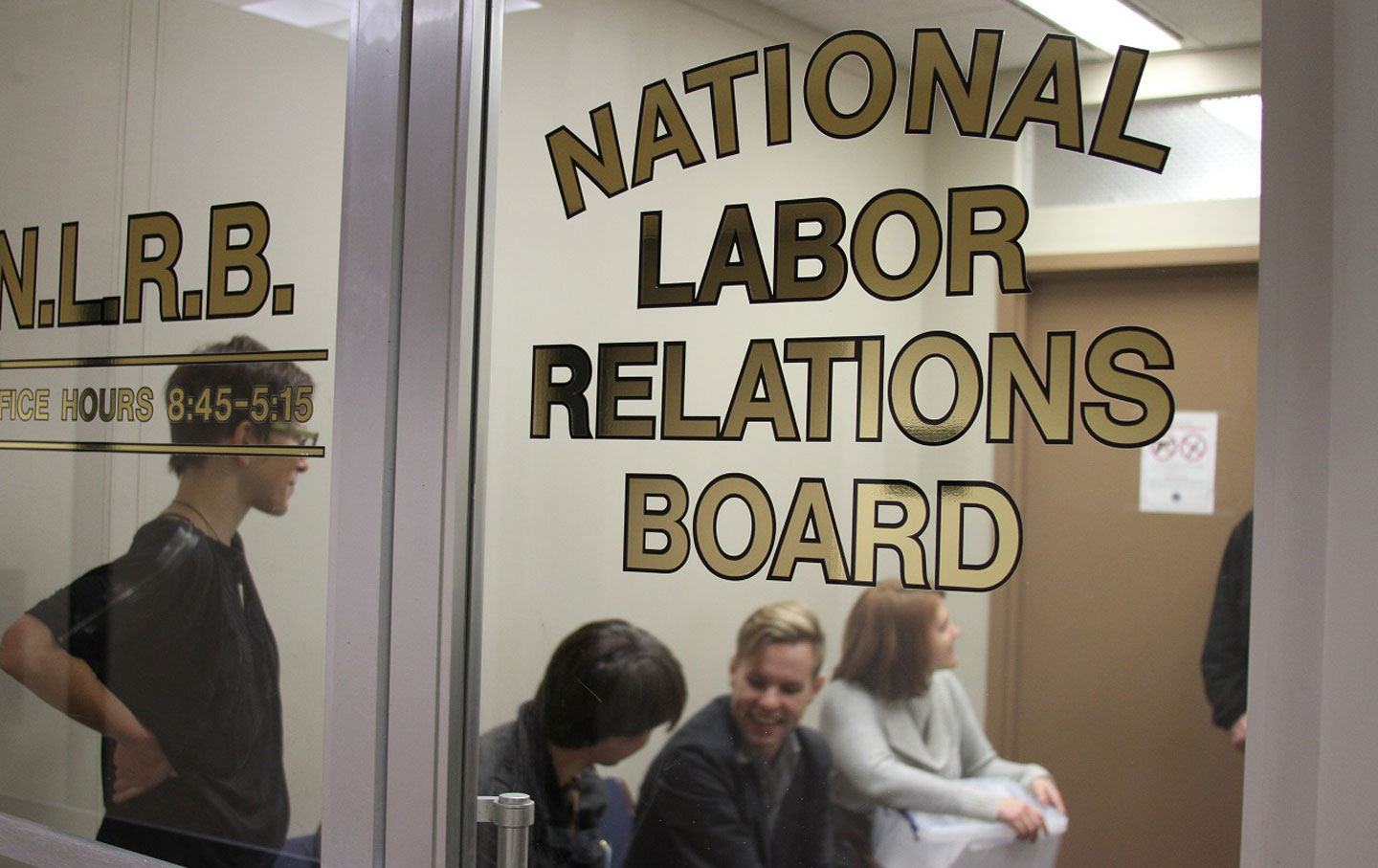Every Generation faces their own economic struggles and successes. The baby boomers experienced the strongest economic expansions in American history. Generation X felt the effects of the first tech boom but were then devastated with the 2008 recession. But millennials are well into adulthood and still have had no significant financial gain within their lives. In fact, there is less stability and room for economic growth for millennials, even though they’re the most educated generation thus far. So how is it that each generation since the baby boomers are facing a regressive economic woe?
We are at a critical point in time where the government wants to abolish public and private health care, slash the public-sector’s strength to collective bargaining, and decrease wages in return for more work. The millennial’s best response to counterblow these threats is to stand together in a union.
A recent Politico opinion piece highlighted the difficulties young adults will have financially in comparison to their older counterparts. Millennials, in relation to older generations, are behind in almost every economic dimension. Although millennials have a higher number of college graduates, their economic future is not as secure as past cohorts. So what’s the answer? Here’s what Alice Munnell at the Center for Retirement Research at Boston College proposes:
My research suggests that those concerns are real, and millennials really are building wealth more slowly than the other working generations. But they are not insurmountable—as long as millennials are willing and able to work longer than their parents and grandparents did.
You read that right. If we just work longer and harder than previous generations then maybe, just maybe, millennials won’t face destitute in retirement. The idea that future generations will have to put in twice the work just to receive minimal benefits is absurd. As labor shifts into a new era, more and more young adults want to secure their future with economic stability, rather than living from paycheck to paycheck.
Many young people are starting to come up with their own solution that doesn’t require them to toil in poverty into old age. Collective action. There’s already a wave of millennials and young professionals bringing new energy to the labor movement. In 2017, more than 75% of new union members were under the age of 35, according to the Center for Economic and Policy Research. Millennials are well aware that the economy is out of whack, retirement ages are hiking up, and that corporations would rather take advantage of vulnerable workers, than to provide them with a living wage. And they are seeing unions as the answer. A recent Pew study found 68% of 18-29-year-olds have a favorable view of unions.
Unfortunately, the ability of workers to stand together and negotiate a fair return on our work continues to be eroded by powerful corporate interests and the politicians they bankroll. Some may think that unions are a thing of the past, but as reports pile up on how young workers are going to need to work themselves into exhaustion just to put food on the table, joining a union remains the best way for millennials to reap the kind of economic security their parents and grandparents had.
Although there is a growing number of unionized millennials, we need more young people to benefit from the strength in numbers a union on the job provides. Most millennials have a positive outlook on unions, but that is not enough, especially with the impending Janus decision. We’ve seen waves of young people mobilize, protest, and take up progressive issues with fierce rigor recently. The labor movement is the perfect vehicle to harness that energy into a new wave of economic prosperity for younger workers. It’s pretty simple, really: Millennials and unions are the perfect match.





